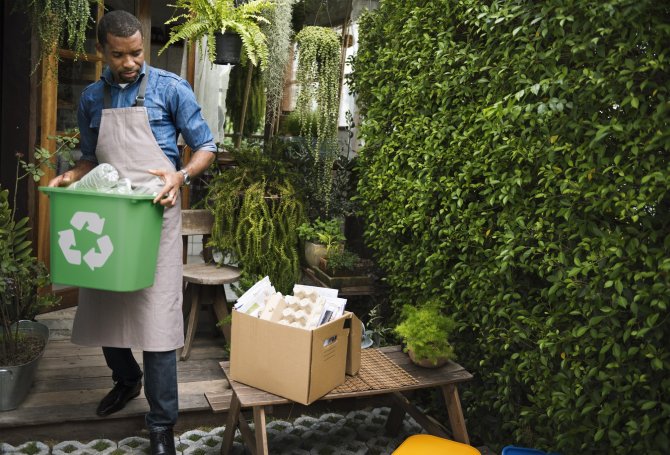2S1: Introduction - What kind of circular society
Keywords:
sustainability, competition, rebound effect, prioritisation, perverse triggers, biofuels, renewable energyAbstract
A circular society has many potential benefits and is one of the most promising pathways to a more sustainable economy. But pitfalls exist as well. A careful examination of such pitfalls is required in order to take the right decisions. Without doing so, circularity may not always lead to more sustainable outcomes. In this session we aim to learn from past mistakes, so that we can gear towards sustainable forms of circularity. Issues to be discussed may include: - Sometimes a waste stream turns into a primary resource, once a certain production scale is achieved. Wood pallets are an example: they were once no more than the by-product of forestry, but now that they are needed to keep powerplants running, they have become the primary purpose of production. The same can be said about 1st generation biofuels: it was initially meant to be grown on ‘waste land’, but soon started to occupy high quality soils. We invite contributions that elaborate these and other examples of instances where the waste- or by-product became the primary product, and what that meant for sustainability.
Downloads
Published
Issue
Section
License
Copyright (c) 2022 Conference Circular@WUR

This work is licensed under a Creative Commons Attribution-NonCommercial 4.0 International License.


